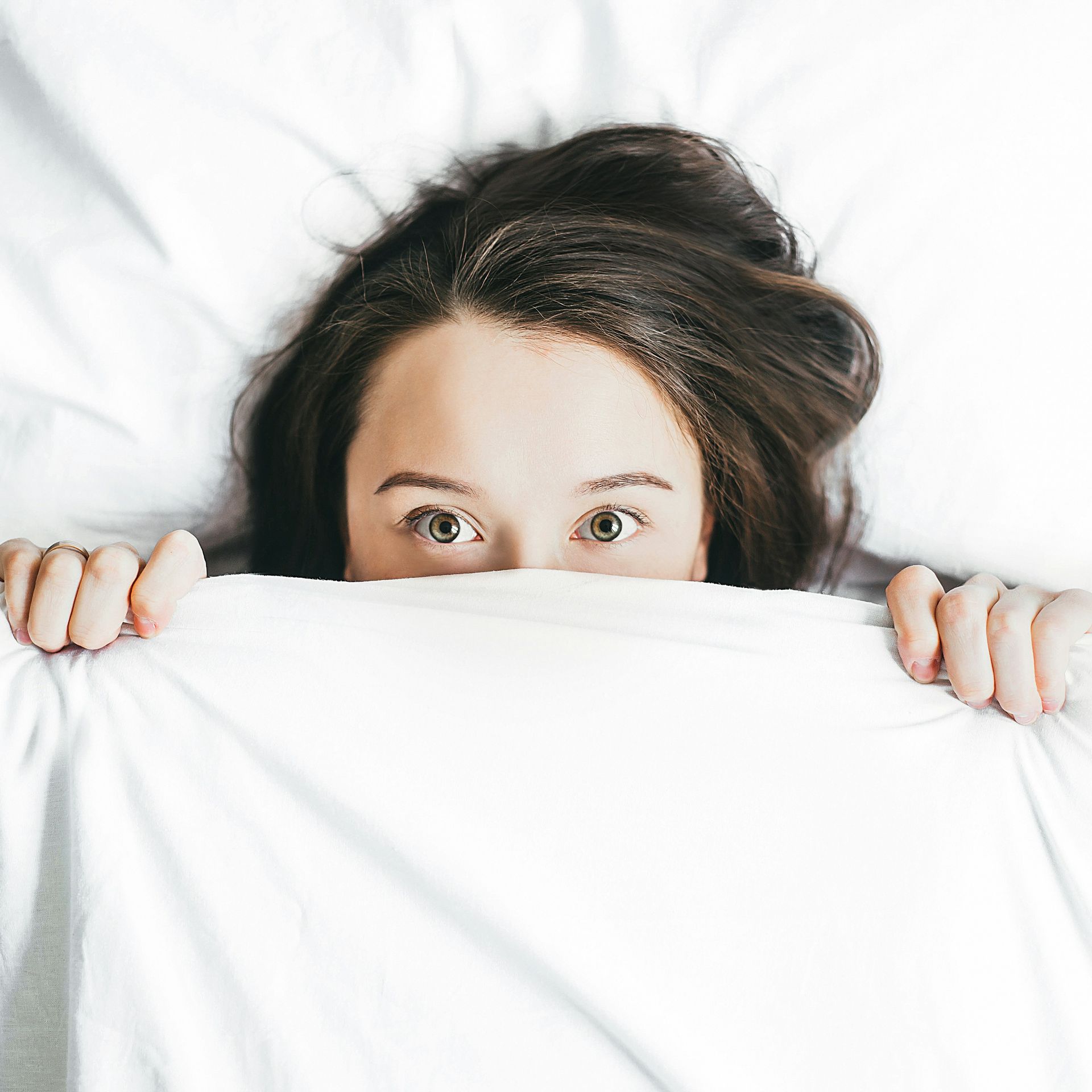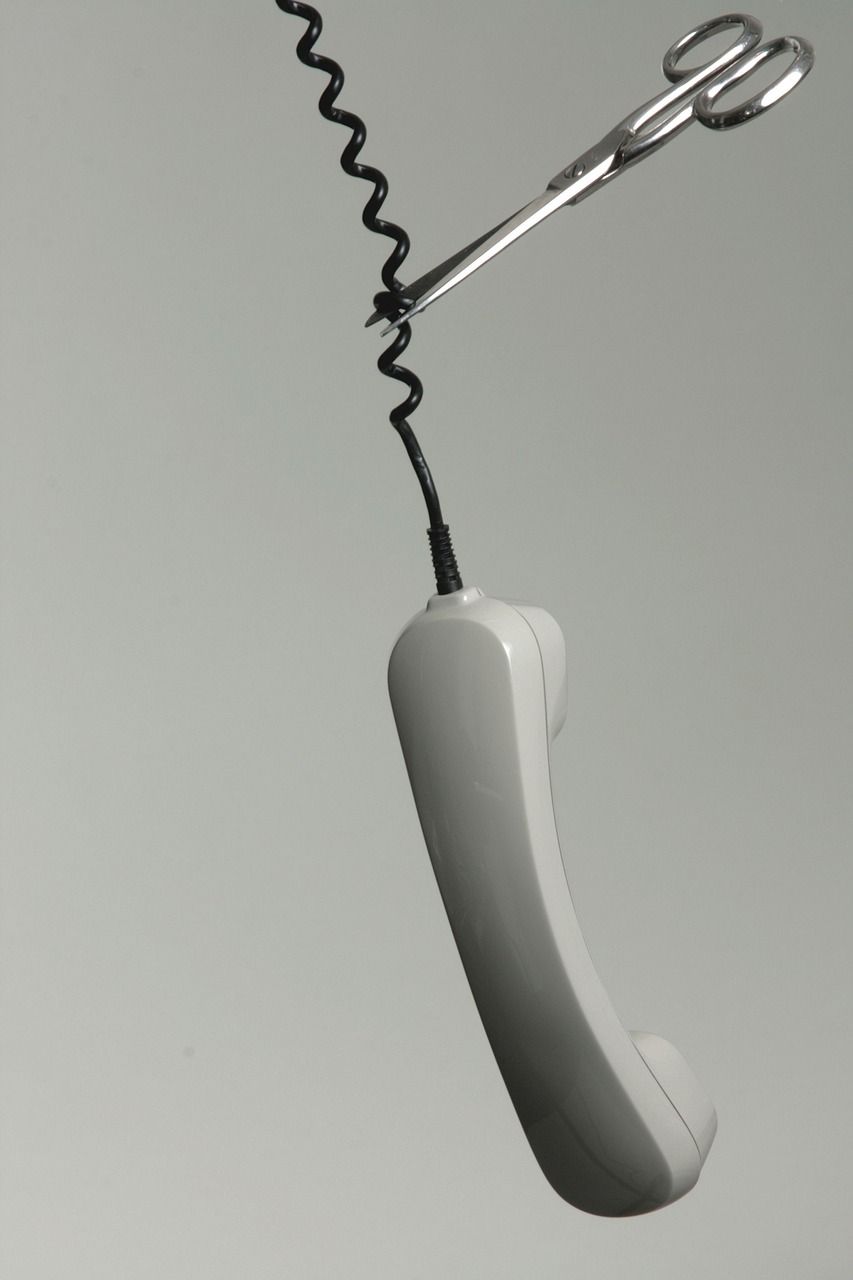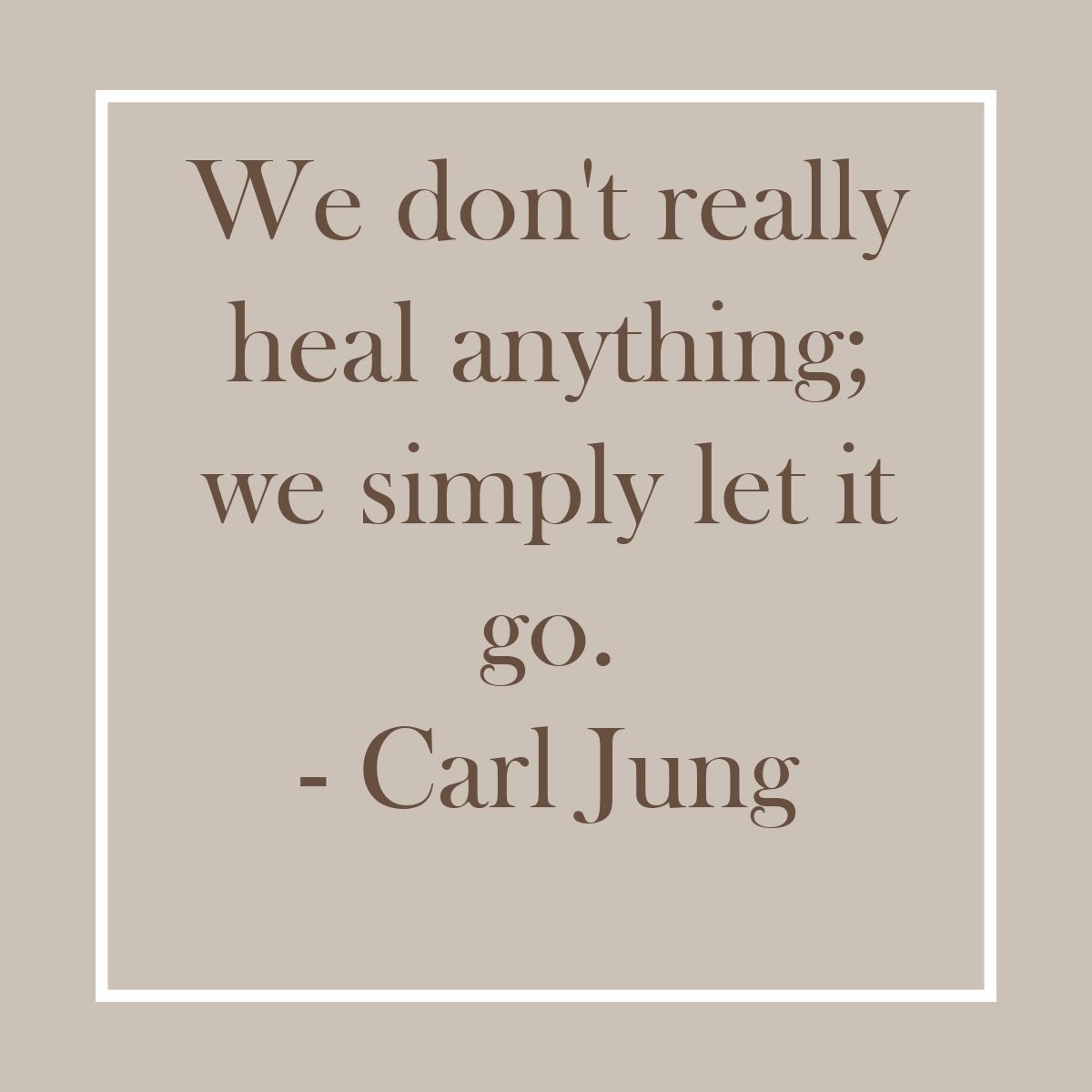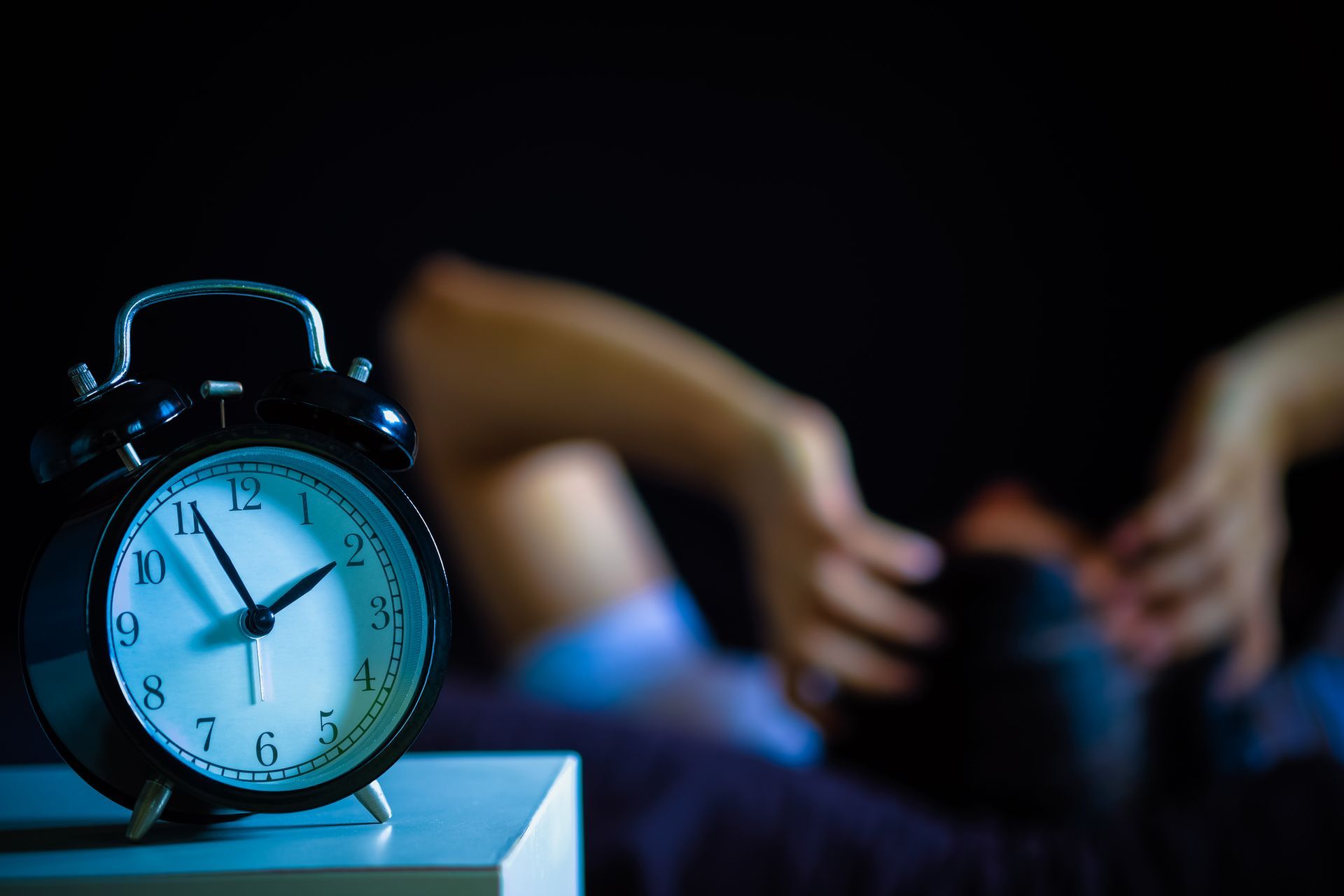Want to lose weight? Get some sleep!
 You may have heard before that people who don’t get enough sleep have difficulty losing weight, but until recently, some of the science wasn’t especially well understood. Recently, a study
published in the Annals of Internal Medicine
explored the link between sleep and insulin sensitivity, and the results should make everyone want to get a good 8 hours of shut-eye each night!
You may have heard before that people who don’t get enough sleep have difficulty losing weight, but until recently, some of the science wasn’t especially well understood. Recently, a study
published in the Annals of Internal Medicine
explored the link between sleep and insulin sensitivity, and the results should make everyone want to get a good 8 hours of shut-eye each night!
In the study, participants had two measurements of insulin sensitivity taken after each of two study periods. One measurement was an intravenous glucose tolerance test, which determines the body’s insulin sensitivity; and the other measurement required the removal of some abdominal fat cells to determine how well individual fat cells responded to insulin.
The first study period involved each of the participants spending 8.5 hours in bed for four consecutive nights. After four weeks, the participants returned for the second study period, during which they were permitted only 4.5 hours in bed each night. During both study periods, caloric intake and physical activity were controlled.
The results were consistent with all participants: after the four nights of inadequate sleep, insulin response was impaired significantly. Responsiveness as tested by the glucose tolerance test went down by an average of 16 percent, while insulin sensitivity in the abdominal fat cells decreased by 30 percent, on average.
What does this all mean? Insulin is the hormone that is responsible for removing excess sugar from the blood and storing it in the liver, muscles, and fat cells. When cells start becoming resistant to insulin, the body has to produce even more insulin in order to achieve the same response. Liver and muscle tend to become resistant first, therefore becoming less able to store sugar for energy, so more and more sugar is deposited into fat cells until those cells become completely insulin resistant. As insulin levels increase, obesity develops; once cells are significantly resistant to insulin, the body is no longer able to remove sugar from the bloodstream as well, and then we have type 2 diabetes.
Sleep deprivation also tends to lead to other unhealthy behaviours. Studies have shown that people with poor sleep also tend to consume extra calories, and as well, chronic fatigue leads to reduced activity and energy levels, which are also barriers to weight loss.
So, if you’re cursing your alarm clock every morning, then you should consider getting to bed earlier. I know how hard it is to consider going to bed when you’ve got a million things on your to-do list, but you’ll find getting to bed earlier leaves you feeling much more energetic and productive; chances are you’ll have the energy to complete that list and more on after a good night’s sleep. Your body will thank you for it!













